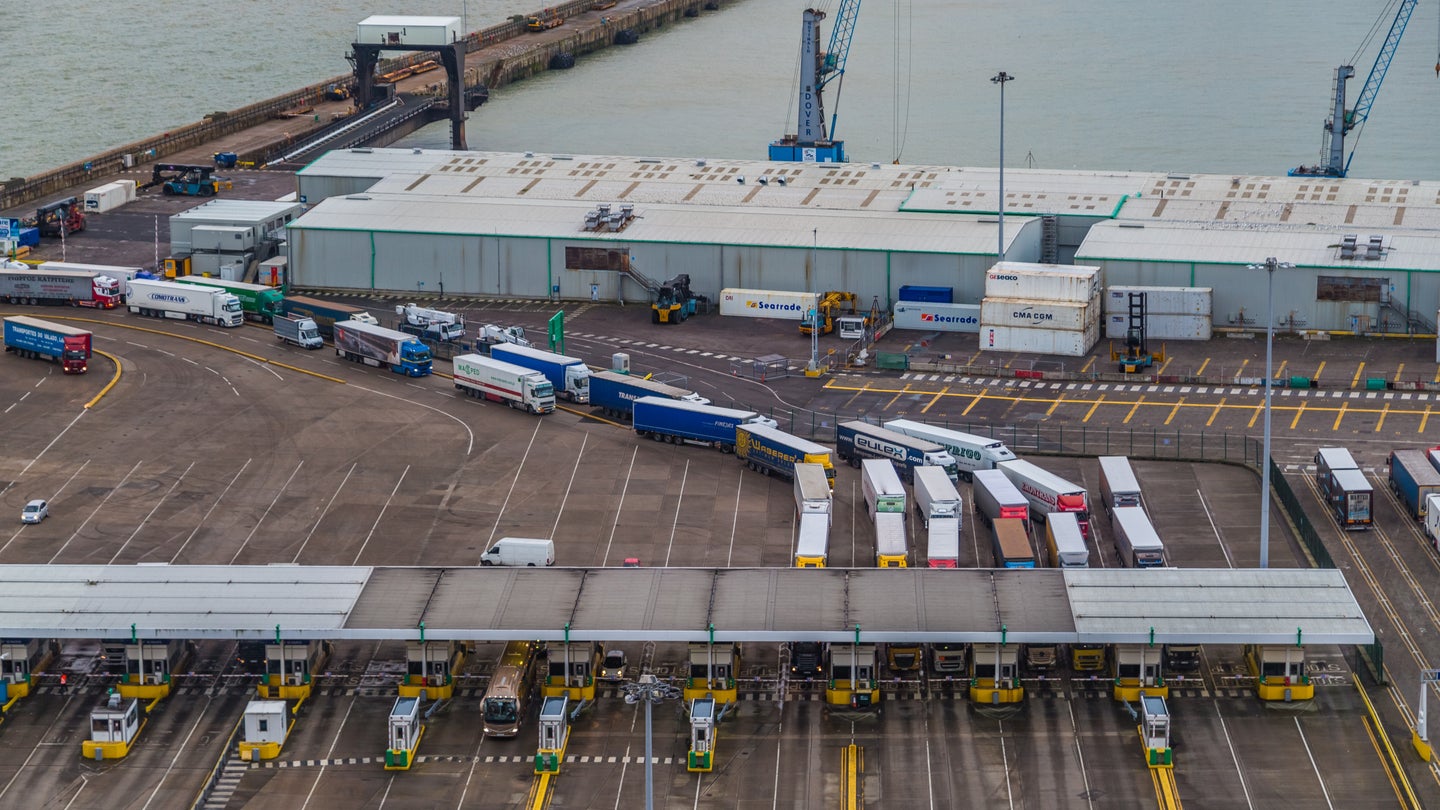
The UK Government has announced another delay to the introduction of new post-Brexit border control rules, pushing the rollout of the changes back by a further three months, to early 2024.
Despite being originally set to begin in 2021, the new controls on animal and plant products have been delayed five times, with the government claiming that the latest move was to provide stakeholders with even more time to prepare for the checks.

Discover B2B Marketing That Performs
Combine business intelligence and editorial excellence to reach engaged professionals across 36 leading media platforms.
The new Border Target Operating Model will see new paperwork requirements introduced in January 2024, new physical checks in April 2024, and new safety and security declarations for EU imports in October 2024.
Cabinet Office Minister of State Nevile-Rolfe said: “By making maximum use of data and new technologies, our innovative yet risk-based approach is key to delivering a world-class border system.
“Once fully implemented, these important post-Brexit measures will, I believe, bring considerable benefits to the UK economy and to UK trade, and the government stands ready to support businesses through this transition,” the former Tesco supermarket executive added.
The government’s operating model is part of its 2025 Border Strategy, published in 2020, but has been adapted to make “smarter use of data and technology to ensure a more efficient trading experience for businesses,” according to the Cabinet Office.

US Tariffs are shifting - will you react or anticipate?
Don’t let policy changes catch you off guard. Stay proactive with real-time data and expert analysis.
By GlobalDataAdditionally, as it has largely been thought that the government decided on the latest delays to avoid increased inflation at a time of economic struggle, the Cabinet Office’s announcement estimated that changes would increase “food inflation” by 0.2% over the next three years.
William Bain, head of trade policy at the British Chambers of Commerce, said that businesses would be pleased with the clarity provided by the announcement.
He said: “The critical thing is preparedness. Businesses are making investment and supply chain decisions for the long term and need to be confident that the physical and digital infrastructure around the GB border is going to be in place on time.”
On the other side of the Brexit border, the EU has been implementing its own external controls on goods entering its Single Market from the UK since 2021.



